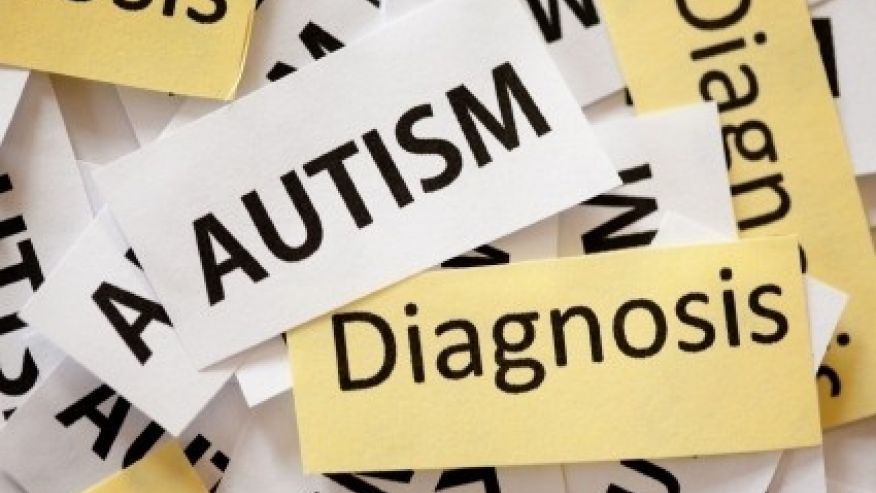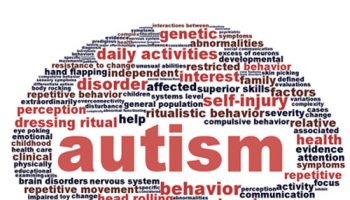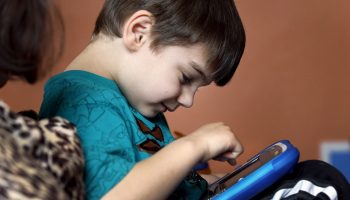Autism spectrum disorder (ASD) is a complex neurological and developmental condition that usually appears during the first three years of life. Symptoms can range from mild to severe and vary with each individual.
A diagnosis of autism is made when an individual displays at least six of 12 symptoms distributed across three major areas: social interaction, communication and repetitive/stereotyped patterns of behavior and interest.
What Do Autism Spectrum Disorders Look Like in Children and Adolescents?
Children with ASD are generally noted early in life to have developmental delays. Symptoms of ASD are increasingly identified within a child’s first 18 months of life. Language delay is the most common reason families seek evaluation. Some children may have delayed speech, while other children speak with unusual patterns. Examples of unusual speech include repeating phrases spoken to them (known as echolalia), using phrases in unusual ways (including scripted language where the child responds to different comments from family using the same verbal responses, such as “Want milk” when the child wants a snack or toy), ), saying the same phrases over and over again (known as perseveration), and reversing pronouns (saying “You want juice,” when the child wants juice). Children may not use language at all when interacting with others, or they may speak in a monotone that sounds “flat.”
Can children “grow out” of autism?
A small minority of children show considerable improvement in their ASD symptoms following diagnosis. While ASD has historically been considered a life-long condition, recent research has shown that the outcomes associated with an ASD diagnosis can vary considerably. Some people who were diagnosed with ASD in their youth may improve dramatically, and show little difference to people who have never had the diagnosis.
Whether these individuals “grew out” of autism, or simply responded exceptionally well to the therapeutic interventions, remains up for debate. One should also question if the initial diagnosis of ASD was accurate in these cases. At the moment it is difficult to identify which children will “grow out” of autism, although those who have less severe symptoms and those who obtain early access to the appropriate therapies appear to have better outcomes.






